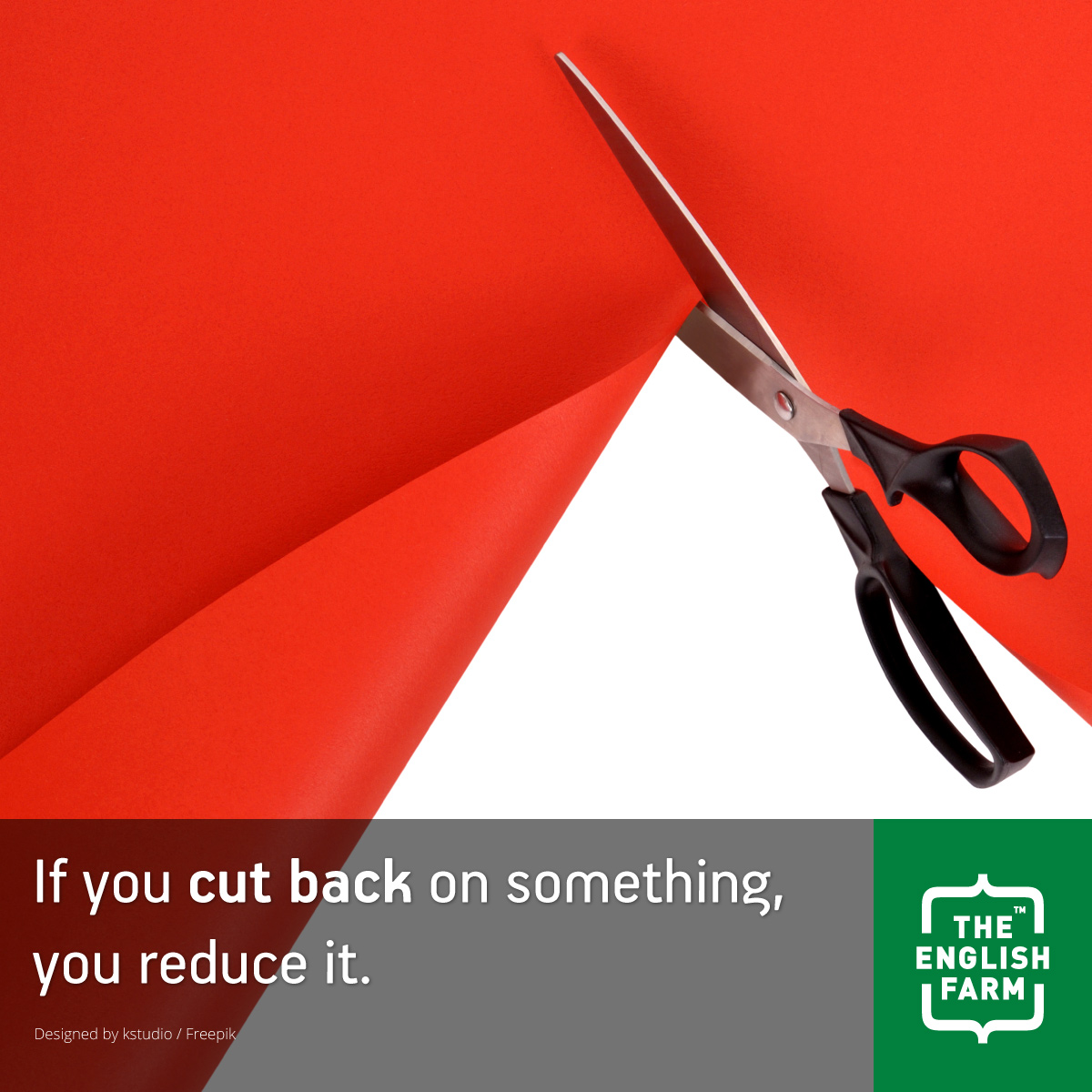Train of thought

We use the expression train of thought to refer to the process of thinking about a sequence of connected ideas. We often use this expression to refer to an uninterrupted flow of ideas, or the development of a line of reasoning in our mind.


















